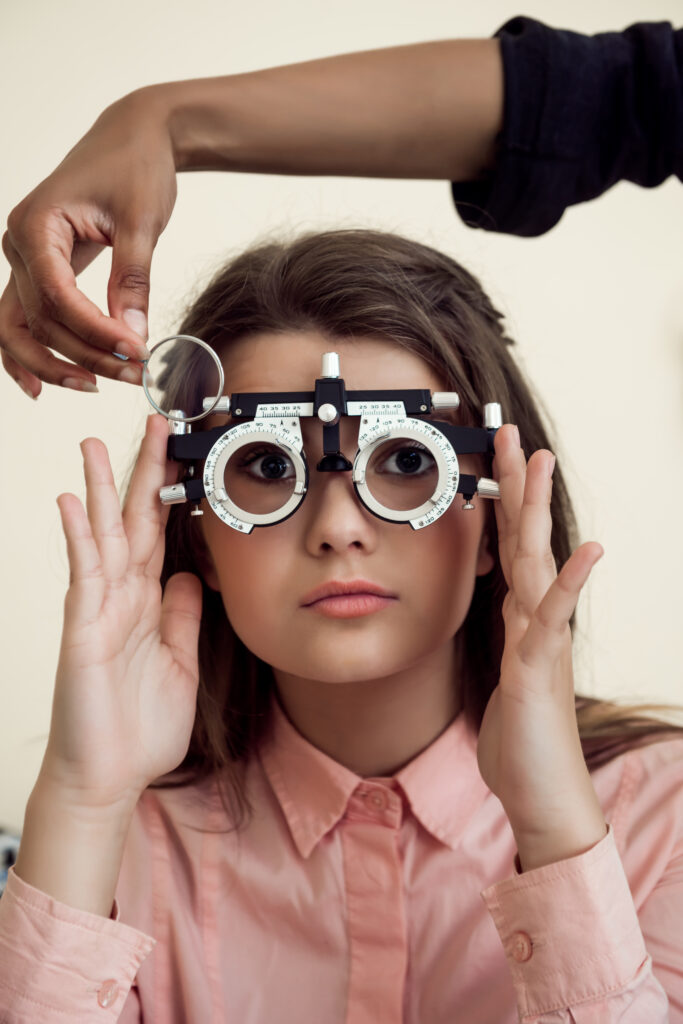Introduction
The Law of Attraction has become a prominent concept in current discourse, pervading various spheres such as self-help literature, spiritual teachings, and mainstream conversations. At its core, this principle posits that the thoughts and emotions an individual generates emit energy vibrations that resonate with corresponding frequencies in the universe, consequently shaping the experiences they attract into their lives. Despite its widespread popularity, the scientific foundation of the Law of Attraction remains a subject of contention, with supporters asserting that a focus on positive thoughts can manifest positive outcomes, while sceptics question its experiential basis.
Visualization

Central to the application of the Law of Attraction are several key principles and practices that believers argue can tap into the purported cosmic forces at play. Visualization stands out as a fundamental aspect, urging individuals to create detailed mental images of their desired outcomes. The premise is that by immersing oneself mentally in the accomplishment of goals, a strong message is sent to the universe, aligning thoughts and energies with the materialization of those desires. Vision boards, tangible collages featuring images and words representing goals, are often utilized as a tangible tool to enhance the visualization process.
Affirmations

Affirmations represent another pivotal element in the Law of Attraction toolkit. These are positive statements that individuals repeat to reinforce their goals and aspirations. Whether written down, spoken aloud, or visualized, affirmations are believed to amplify the positive energy associated with desired outcomes. This repetitive practice is thought to program the subconscious mind, fostering a mindset conducive to the realization of one’s objectives.
Positive Mindset
Maintaining a positive mindset is considered crucial when applying the Law of Attraction. This involves cultivating an optimistic outlook and consciously choosing positive thoughts over negative ones. Proponents argue that by consistently focusing on the positive aspects of life, individuals can create a harmonious energy that attracts more favorable experiences. This positive mindset is not merely about wishful thinking but is seen as an active and intentional approach to shaping one’s reality.
Lack of Physical Evidence

While the principles of the Law of Attraction have garnered a significant following, scepticism persists, particularly within the scientific community. Critics argue that the lack of empirical evidence and the reliance on abstract concepts demote the Law of Attraction to the land of pseudoscience. Sceptics contend that the success stories attributed to this law may be better explained by psychological factors such as increased confidence, motivation, and a proactive approach to life rather than any cosmic influence.
However, despite the scientific scrutiny, many individuals find value in the Law of Attraction as a psychological tool. The emphasis on adopting a positive mindset, setting clear goals, and visualizing success aligns with principles recognized in fields such as reasoning psychology and self-help. Regardless of whether one believes in the philosophical underpinnings of the Law of Attraction, its practical applications as a tool for personal development and goal achievement are evident.
Evidence of Personal Transformations
Supporters often share tales of personal transformations and accomplishments attributed to the Law of Attraction. These narratives frequently involve individuals who claim to have shifted from a negative mindset to a positive one and subsequently experienced positive changes in their lives. While these stories provide unreliable evidence, the challenge lies in establishing a causal relationship between the application of the Law of Attraction principles and the observed outcomes.
Belief System

In exploring the psychological facets of the Law of Attraction, it is essential to consider the role of belief systems and the placebo effect. Believers in the Law of Attraction often argue that faith and belief in the process are crucial components of its effectiveness. This aligns with the placebo effect, where the belief in the efficacy of a treatment or intervention can lead to real and positive physiological changes. In the context of the Law of Attraction, the placebo effect might explain why individuals who wholeheartedly embrace its principles report positive outcomes.
Moreover, the Law of Attraction crosses with various psychological theories, such as cognitive-behavioral therapy (CBT) and positive psychology. CBT emphasizes the role of thoughts in shaping emotions and behaviors, encouraging individuals to challenge and rethink negative thoughts. The Law of Attraction, in its focus on maintaining a positive mindset, shares parallels with the reasoning rearrangement aspects of CBT. Positive psychology, a field that explores the factors contributing to human flourishing, aligns with the Law of Attraction’s emphasis on cultivating positive emotions and strengths.
Cultural Context

The cultural and historical context of the Law of Attraction also plays a significant role in its interpretation and acceptance. The concept has roots in various spiritual and philosophical traditions, including Hermeticism, New Thought, and transcendentalism. These traditions emphasize the interconnectedness of mind, consciousness, and the universe. The Law of Attraction, as it is understood today, draws from these diverse influences, creating a mixture that vibrates with a wide audience seeking meaning, purpose, and personal empowerment.
Quantum Physics

In the realm of quantum physics, some supporters of the Law of Attraction attempt to find parallels that support their claims. Quantum physics explores the behavior of particles at the subatomic level and introduces concepts such as wave-particle duality and the observer effect. While these principles have been scientifically validated, the leap from quantum phenomena to the macroscopic scale of human thoughts and emotions is substantial and lacks empirical support.
Critics argue that such attempts to link the Law of Attraction with quantum physics are a misinterpretation of scientific principles and a fusion of unrelated concepts. They emphasize the need for hard practical evidence to validate claims about the influence of thoughts on external reality.
Simplicity of the Idea

Despite the ongoing debate surrounding its validity, the Law of Attraction continues to fascinate individuals seeking personal development and positive change. Its appeal may lie in its simplicity – the idea that by changing one’s thoughts and emotions, one can influence the path of their life. This simplicity, however, contradicts the complexity of human experience, the complicated nature of success, and the numerous factors that contribute to individual outcomes.
Conclusion
In conclusion, the Law of Attraction remains a concept that provokes diverse reactions, with supporters highlighting its potential for personal transformation and skeptics questioning its scientific validity. The principles of visualization, affirmation, and maintaining a positive mindset constitute the core practices associated with the Law of Attraction. While its metaphysical underpinnings may lack empirical support, the psychological aspects of adopting a positive mindset and setting clear goals align with recognized principles in fields such as cognitive psychology and positive psychology.
An exploration of the Law of Attraction necessitates a nuanced understanding of belief systems, the placebo effect, and the cultural and historical context from which it emerged. The intersection with quantum physics, while intriguing, lacks the robust scientific evidence required to establish a definitive connection between the macroscopic scale of human thoughts and the principles governing quantum phenomena.
Ultimately, whether one holds the Law of Attraction as a guiding principle or approaches it with skepticism, its impact is undeniably subjective. The stories of personal transformation and success attributed to the Law of Attraction are compelling, yet the challenge remains in establishing a clear cause-and-effect relationship between the application of its principles and the observed outcomes. As individuals direct their journeys toward personal development and fulfilment, the Law of Attraction serves as a lens through which they interpret and involve with the difficulties of their own experiences.
